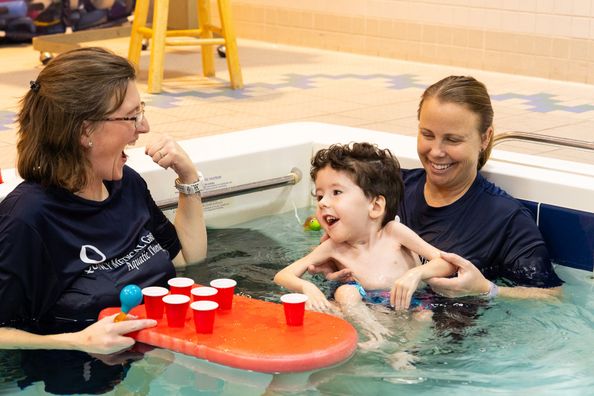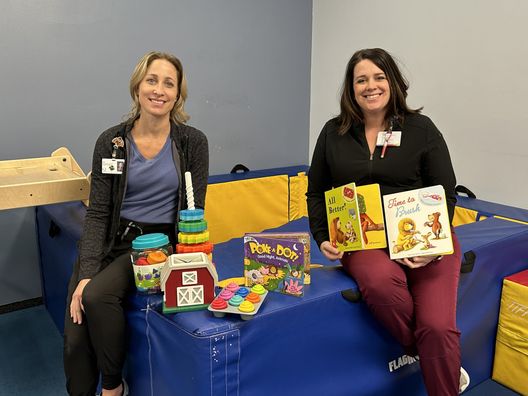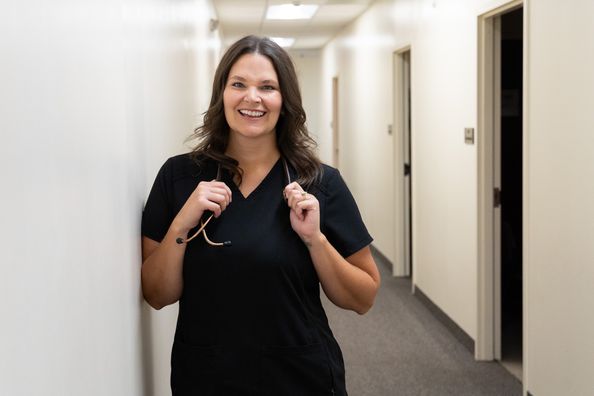Another school year is upon us. This is a welcome relief for some and a cause of heartburn for others. Whatever side you’re on, here are a few tips to start the year off right.
DO make sure your child gets enough sleep.
School-aged kids should get between 9 and 11 hours of sleep per night with the little ones closer to the 11 hour mark. Insufficient sleep is the underlying cause for many school-related problems. Keep bedtime as consistent as possible, even on weekends, to help kids think and feel their best. Bonus tip: When kids go to bed at a decent hour, parents have more time to themselves in the evening. Just kidding. When kids go to bed at a decent hour, parents have more time wash dishes, pay bills, do the laundry, pick up crap they didn’t get out, and also worry about all the things they won’t have time to do.
DON’T speak negatively about the teacher/school in front of your child.
Maybe you’ve heard bad things about your child’s new teacher. Perhaps you disagree with how a teacher handled a disciplinary situation. Or maybe you just don’t see eye-to-eye with the principal. These are all very real concerns parents face. However, it is important to avoid badmouthing the teacher or school in front of your child. Kids need to have trust in school staff in order to feel safe and perform at their best. Hearing parents say negative things about their teacher will interfere with the development of this trust and academic performance and behavior at school can suffer as a result. You are entitled to your concerns and should address them. However, with very few exceptions your child needs to see you and school as a united front.
DO stay in touch with your child’s teacher.
If you have concerns, he or she probably does too. If a teacher calls you, return their call. I know you’re busy but so is the teacher and if he or she is trying to contact you, there’s a reason.
DON’T assume your child is always telling the whole truth.
There are at least two versions of every story and what your adorable bundle of joy tells you about an incident at school is probably skewed in his or her favor. I’m not saying your child lies to you, but keep in mind that you may be missing important pieces of information. Asking questions like “What did you do next?” and “How did you handle that?” as they tell their version will help keep the focus on what your child contributed to the situation. Be sure to talk to the school to get the other side of the story before jumping to conclusions.
DO advocate for you child.
You are your child’s biggest fan. Take that job seriously. If you feel your child’s academic needs are not being met, address this with the teacher or principal. But it’s important to note that advocating for your child does not usually require anger, defensiveness, or nastiness. I know that the Momma or Papa Bear in all of us can be easily triggered when it comes to our babies, but remember that school staff want the best for your kid too. They chose to work in education for a reason.
DON’T bail your kid out every time.
As they grow, it’s important that your children work harder than you to solve their problems. Before jumping in, consider the importance of living with and learning from natural consequences. It’s okay to help sometimes but if your kid forgets his homework or cold lunch at home on a regular basis, it might not be in his best interest to come to the rescue. Instead ask questions like “How are you going to handle this?” or “Looks like you’re in a real bind. What’s the first step?”
DO limit screen time during the week.
No matter their age, children need guidelines when it comes to their electronic devices. Their developing brains just aren’t ready to set or enforce their own limits. One way to teach this is to talk about completing “gotta dos before wanna dos” or doing required tasks like homework and chores before recreational things like video games. Other strategies include limiting screen time to a certain amount each day or eliminating it completely until the weekend. Children who watch TV or play on electronic devices right before bed may take longer to fall asleep. Teens who have 24⁄7 access to their smartphones often struggle to set appropriate boundaries, messaging their friends and playing games throughout the night. A “Last Call” for electronics can help prevent these problems‑6 or 7pm is good for younger kids and a little later for older kids.
DON’T ignore red flags.
Consistently low grades and recurrent behavior problems at school can be signs of bigger issues. Undiagnosed depression, ADHD, anxiety, and learning disabilities can all manifest in this way. If you think your child is struggling, seek professional help. Check with the school social worker to see if your child is eligible for testing through his or her school. Schedule an appointment with a counselor or ask your child’s doctor for advice. The Quincy Medical Group Behavioral Health Department offers basic assessments of mental health symptoms, ADHD evaluations, and global assessments which assess for a wide range of cognitive, emotional, and behavioral difficulties. Call QMG Behavioral Health reception at (217)222‑6550, ext. 3418 for more information.
DO be patient.
The first few weeks of a new school year are rough for everyone-kids, parent, teachers, household pets. New rules, new schedules, new experiences, and new people make for big adjustments for little people. Especially if your child is in elementary school, count on a few rocky weeks as everyone gets used to all of these changes. Don’t worry, just about the time everyone gets adjusted, it will be Summer so you can start the process all over again.
DON’T skip homework.
Homework isn’t always popular with kids or parents, but during the early years it gives kids practice for when their grades and success will depend on it. Homework teaches organization skills, responsibility, and independent thinking. It’s an opportunity for parents to see what their kids are learning and be part of that process. Homework is also a great way for parents to lose their ever-loving minds. If that’s been your experience, tune in next week when I’ll share some ideas for taking the battle out of homework time.
Until then,
Nikki
*The content in this blog should never be considered an alternative to quality medical or mental health care and is intended to be a source of information only.
Health Topics:







